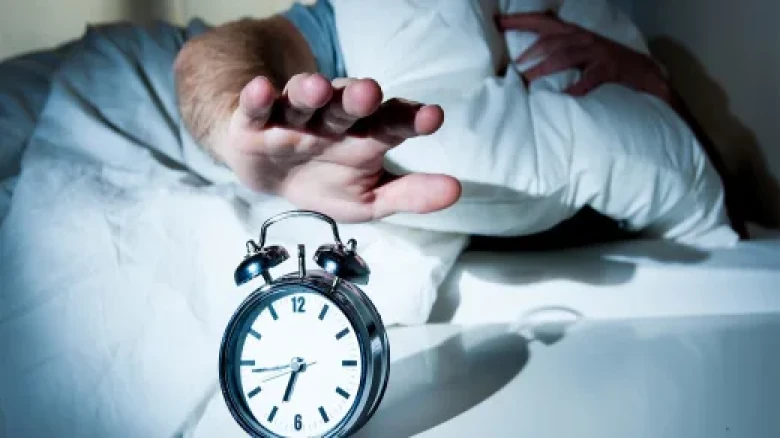Sleep experts believe that repeatedly hitting the snooze button due to the desire to sleep for a few more moments causes tired mornings and has a bad effect on health.
Digital Desk: Who doesn't enjoy sleeping, especially in the morning? It is believed that getting up in the mornings is good for your health. Of course, this is true, but only those who awaken naturally reap its benefits. Yeah, for those who use an alarm, they press the snooze button as soon as the clock starts to tick. We hit the snooze button at that point because our bodies need a few more minutes of sleep. Yet, studies have shown that hitting the snooze button frequently interrupts sleep, which is bad for your health. In such a situation, it is good for all of us to wake up with the alarm ringing.
So, in regards to the snooze button, today we will give you information that you may not have known, such as the number of minutes the alarm repeats, the time set for the repeat, and the scientist who invented it. What is logic?
Normally, people respond to the alarm by getting up and pressing the start button a short while later. The alarm's engineers mistakenly believe that they are advancing it by ten minutes when in fact they are only advancing it by nine since they think that people won't notice a difference of a few minutes in their sleep. Now the question is why it only took 9 minutes when it could have taken 10 minutes. This has really interesting scientific reasoning behind it.
Before we respond to your query, let us point out that when the snooze button was created, the engineers might have chosen to lengthen the alarm's duration, but they did not. In the 1950s, this button was created. The clock had a 10-minute gear cycle when the button was created.
Importantly, the experts recommended that the snooze button cycle be shortened to more or less than 10 minutes as a result of the installation of gear to prevent interference with other parts' synchronisation. In the end, the manufacturers decided to shorten it to nine minutes.
According to experts, if you sleep for nine minutes, wake up, and then fall asleep again, you'll enter a deep sleep after ten. If the snooze time is left on for more than 10 minutes in such a circumstance, the alarm is not heard and the person is unable to get up. Important work might be stuck in such a circumstance.

Leave A Comment